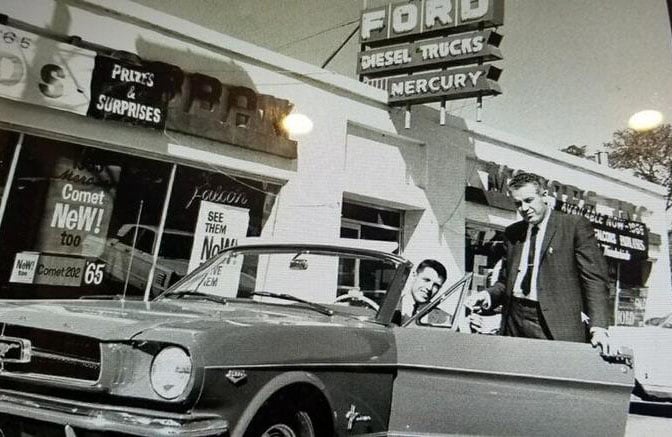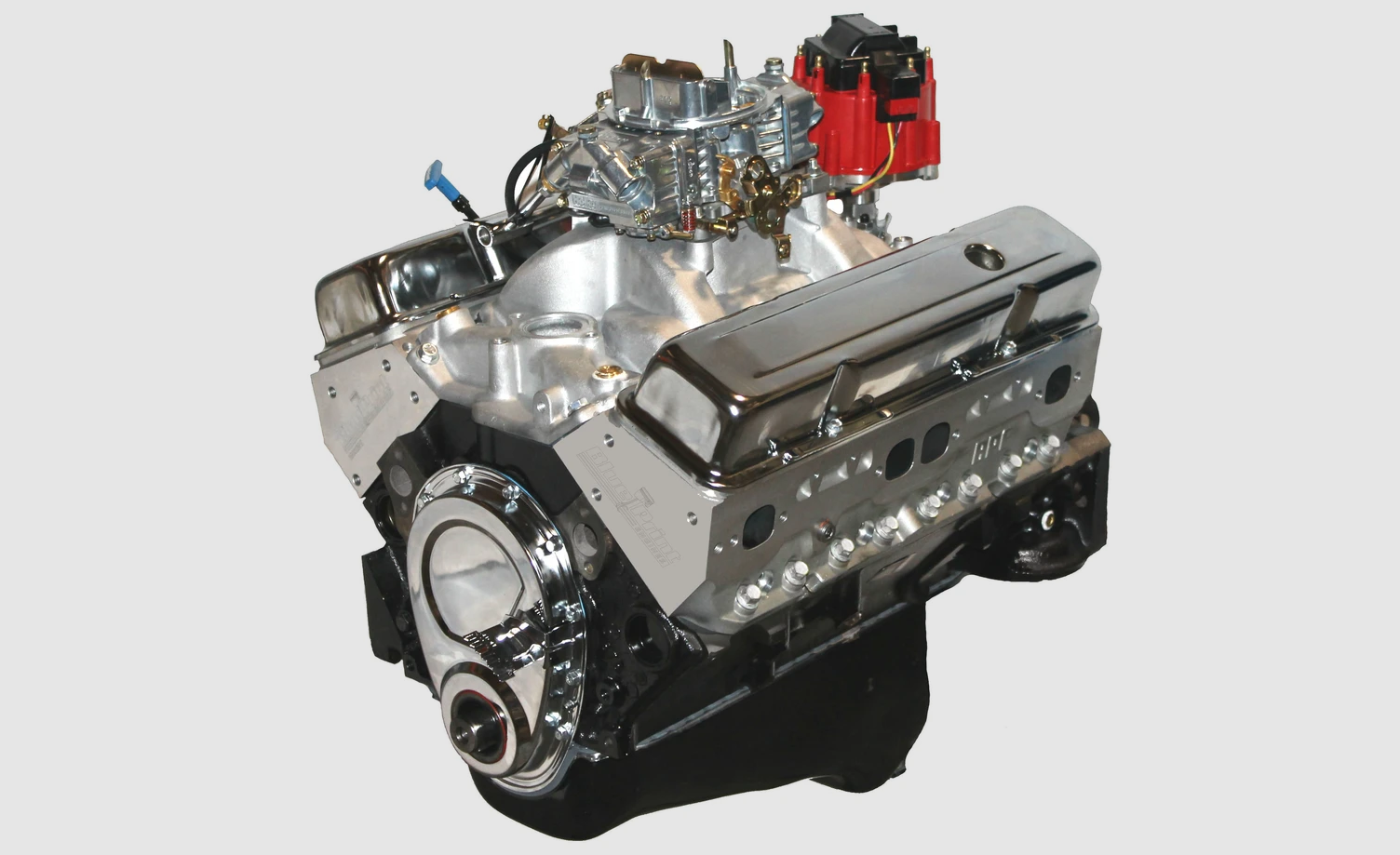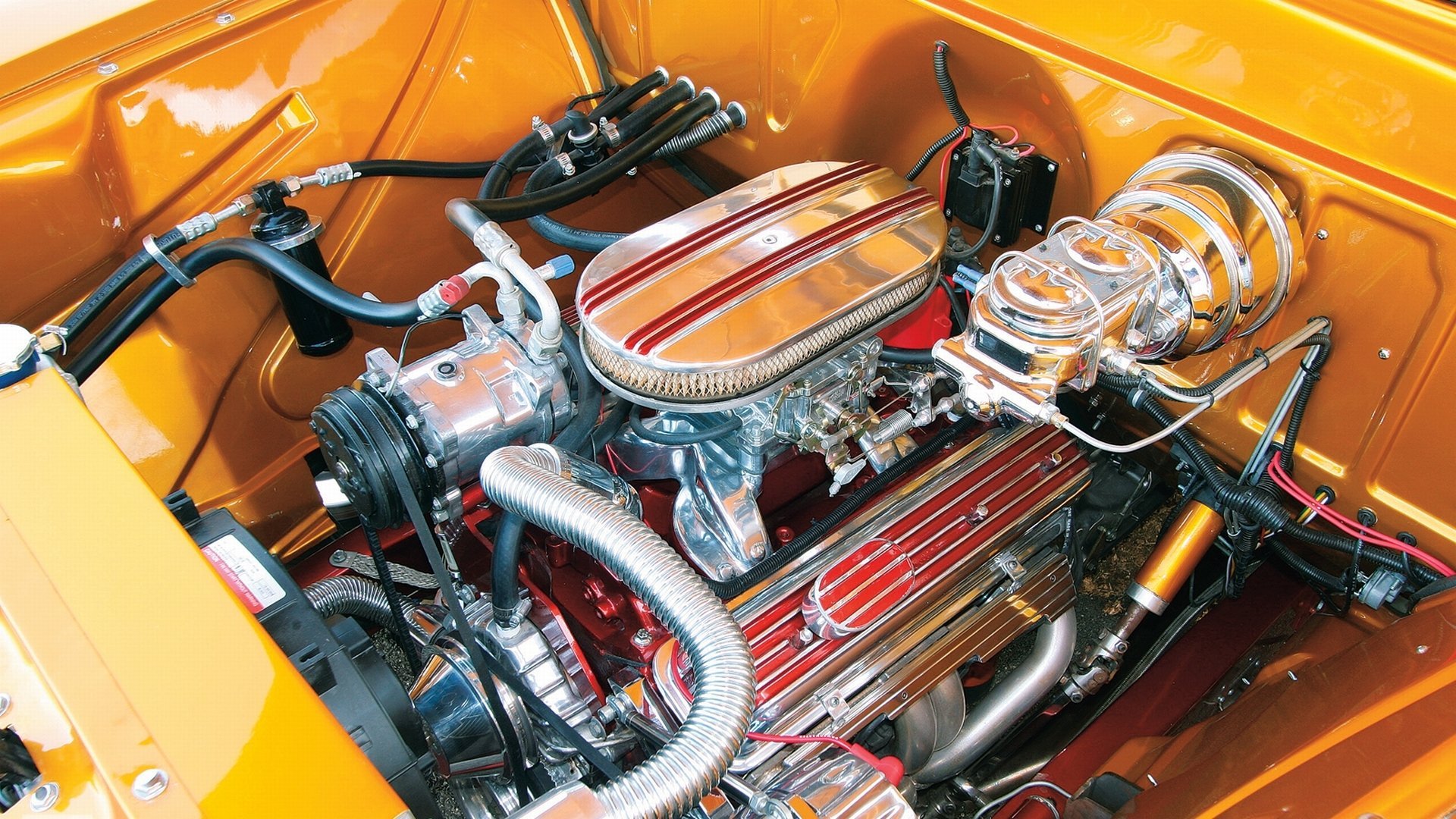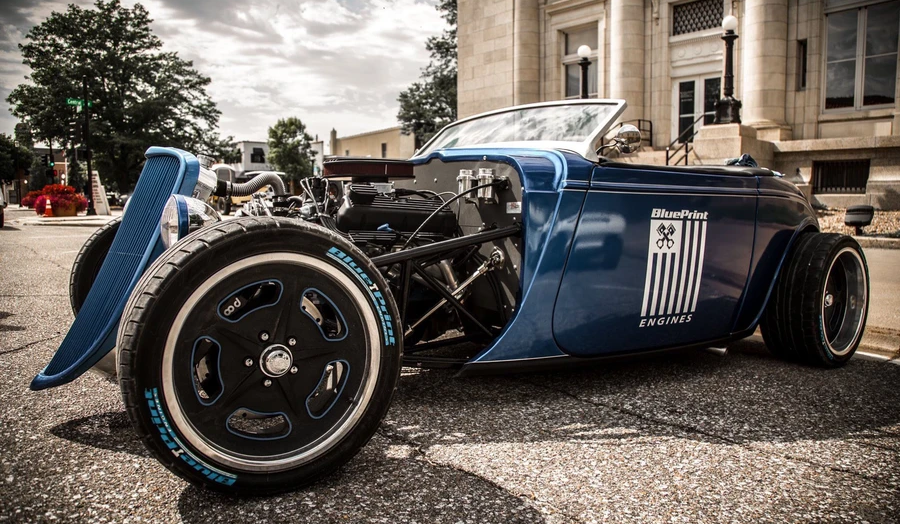When shopping for a crate engine, it is important to know the difference between an engine that is dyno proven and dyno tested. Whether you are in the market for a Chevy, Ford or Mopar small block, a stroker big block, or fuel-injected LS engine, there are many variables when it comes to producing consistent and reliable horsepower and torque.
Dyno proven implies that an engine builder has built a single engine using specific parts/components and then dyno tests it to produce a final horsepower and torque number. Each engine that is built subsequently using the same components as the first one is said to be “dyno proven” to make those same numbers while not actually being tested on a dynamometer.
Dyno tested means that each crate engine built is tested on a dyno to ensure it truly makes the numbers that the original engine produced. At BluePrint Engines, we have a “dyno promise” which means each crate engine must produce the minimum horsepower and torque numbers that we advertise (or more) before it can leave the facility. This is one of the unique benefits of buying a BluePrint crate engine and it comes at no additional cost to the customer. Some builders may charge around $500 to test your engine.
While we love hearing the sound of our V8s roar, dyno testing is also a critical part of our quality control process. At our facility, we have 5 dyno cells and test approximately 60 crate engines every day! We are able to check many important areas during this step in the process, such as:
-Setting the distributor total advance at the right RPM.
-Doing small pulls to break in the camshaft, lifters, and piston rings.
-Monitoring exhaust gas temperatures (EGT)
-Listening to the valvetrain, pistons, rods, timing chain for any abnormal noises.
-Checking for blow by.
-Making sure every part is sealed by using a blacklight to look for leaks (a fluorescent dye is added to oil for this process).
-Cutting every oil filter open and inspect for debris.
Dyno testing is the last step in our process and in our mind serves as the ultimate quality control check. This enables us to provide our industry leading 30-month/50,000-mile warranty. This step also ensures that our engines leave the facility issue-free, keeping our warranty costs very low, therefore we do not charge extra to dyno test your engine.
After the engine completes its final pull on the dyno, a sheet is printed with the power curve and peak horsepower and torque numbers. That sheet is shipped with the crate engine so customers can have confidence knowing how much power their specific engine produces.
In our latest crate engine tech video, we put one of our 383ci stroker small block Chevys on the dyno and give you a behind-the-scenes look at our entire dyno testing process. Watch it here:




